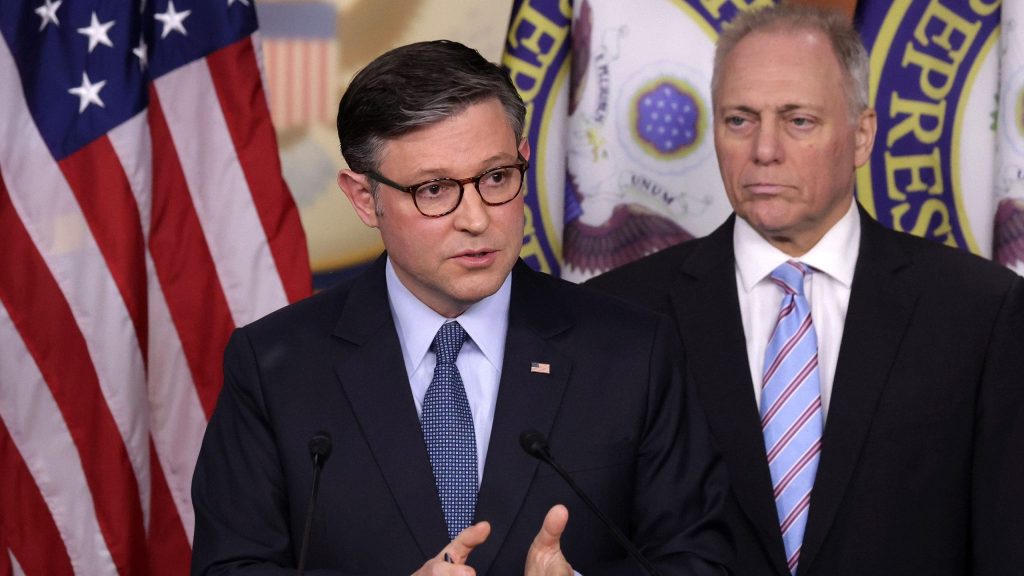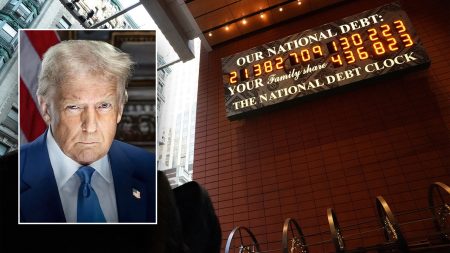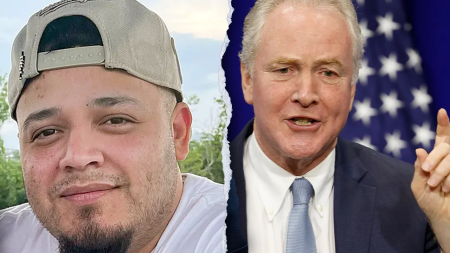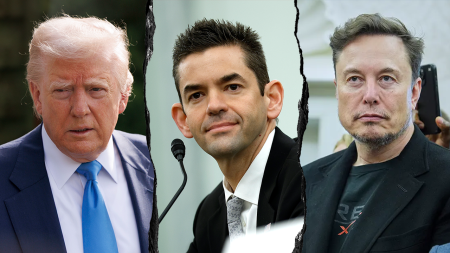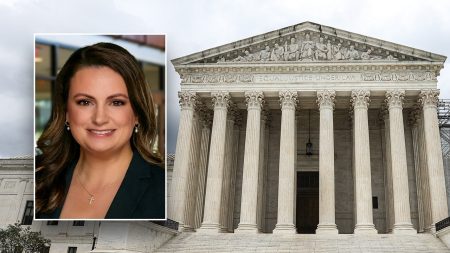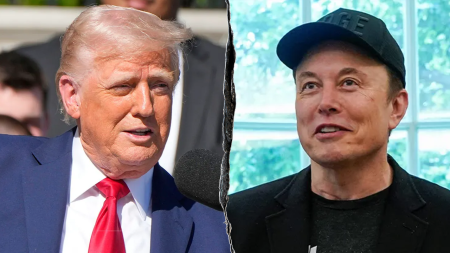Averted Government Shutdown and Debt Limit Deal: A Summary of the House Republican Compromise
House Republicans, facing an impending government shutdown deadline, rallied behind a compromise deal that extends current government funding for three months and suspends the debt limit for two years. This agreement, lauded by former President Trump, includes crucial aid for farmers, substantial disaster relief for those impacted by recent storms, and certain healthcare provisions. Noteworthy is the exclusion of reforms to the Pharmacy Benefit Managers (PBMs) system, a point of contention among both Republicans and Democrats. The deal emerged after the initial, more comprehensive spending bill, was scuttled due to opposition from conservative factions within the Republican party. This initial bill was significantly larger and included a variety of provisions, some considered unrelated to essential government functions, drawing criticism and sparking concerns about a potential government shutdown.
The new, streamlined bill, considerably shorter than its predecessor, represents a significant departure from the original proposal. This revised legislation aims to address immediate funding needs while postponing the debt ceiling debate, a contentious issue expected to resurface in the coming years. The agreement reflects a compromise between fiscal conservatives concerned about escalating national debt and those prioritizing immediate government operations and disaster relief. The inclusion of the two-year debt limit suspension garnered praise from former President Trump, who actively encouraged its passage.
The initial government funding plan, which enjoyed bipartisan support, was ultimately deemed “dead” after facing strong opposition from conservative members within the House Republican caucus. These members, including influential figures like Elon Musk and Vivek Ramaswamy, criticized the inclusion of what they viewed as extraneous measures and policy riders, arguing for a “clean” continuing resolution (CR) focused solely on essential government funding. This opposition effectively derailed the initial plan, forcing House Republicans back to the negotiating table.
However, negotiations for a “clean” CR were complicated by Trump’s intervention, urging Republicans to link the CR with action on the debt limit. This introduced another layer of complexity into the discussions, as the debt limit issue was anticipated to be a major political battleground in the near future. The convergence of these two critical issues – government funding and the debt ceiling – significantly heightened the stakes of the negotiations.
The original, more expansive plan contained provisions beyond basic government funding, including allocations for the revitalization of RFK stadium in Washington, D.C., permits for year-round ethanol fuel sales, and the first pay raise for lawmakers in over a decade. These additions, alongside other policy riders, became targets for criticism from fiscal conservatives, who viewed them as unnecessary and contributing to excessive government spending.
The new compromise, while lauded by some as averting a government shutdown, has also drawn criticism, particularly from fiscal conservatives like Rep. Chip Roy, who oppose increasing the debt ceiling without accompanying spending cuts and budgetary restraints. This opposition underscores the ongoing tension between differing factions within the Republican party, with some prioritizing fiscal responsibility and others emphasizing the need to maintain government operations and provide disaster relief. The reaction to the compromise highlights the challenging balancing act faced by House leadership in navigating these competing priorities.
The reaction from the Democratic side has also been critical. House Minority Leader Hakeem Jeffries dismissed the new proposal as unserious and laughable, attributing the near shutdown to extreme MAGA Republicans. This highlights the partisan divide on the issue and suggests that even the compromise deal may not garner sufficient bipartisan support for smooth passage. The political maneuvering surrounding the government funding and debt ceiling negotiations underscores the deeper ideological divisions in Congress and the potential for further gridlock in the future.



